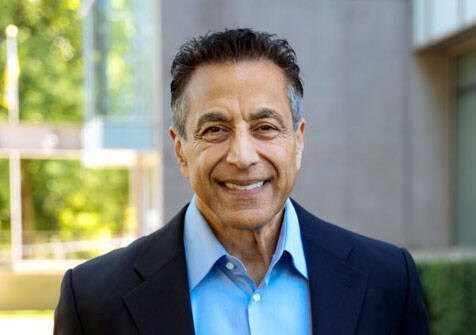Richmond city council is going to challenge a previous ruling by the privacy commissioner that didn’t allow the city to use traffic cameras to investigate serious crimes.
City Coun. Kash Heed brought up a motion at Tuesday’s community safety meeting to explore using the 110 city-installed closed circuit cameras to be able to capture high-resolution video.
He said the current footage is “useless” for police investigations.
The City of Richmond bought and set up 110 intersection cameras in 2021 but, based on a directive from the privacy commissioner, they can only be used to analyze traffic data, and not to identify licence plates and vehicle occupants.
Heed’s motion challenges the privacy commissioner’s ruling and asks city staff to look into elevating the resolution in the captured video “for the purposes of criminal investigation and prosecution.”
Richmond Mayor Malcolm Brodie, who was at the committee meeting for the item, said he fully supported this motion.
Brodie said, based on a previous discussion with Solicitor-General Mike Farnworth, he felt Farnworth would be on board to use the cameras to investigate crime, but “the person standing in the way was the privacy commissioner.”
He noted dashcam footage and business video surveillance footage is used by police to investigate crimes and prosecute criminals, but footage from city-owned cameras can’t be.
In fact, police often appeal to the public for dashcam footage after crimes or serious accidents.
When Richmond brought in the cameras, the Office of the Privacy Commissioner said the information should be used by the City of Richmond, not by the RCMP “for the purpose of general surveillance.”
Furthermore, the OIPC said the images captured on the livestream cameras shouldn’t be enhanced later in order to make out faces and licence plates.
Coun. Michael Wolfe opposed the motion, saying allowing cameras to take high-resolution video is a “slippery slope.” He suggested it could lead to further erosion of privacy such as using facial recognition systems and augmented artificial intelligence.
“Where do we draw the line?” he said.
Furthermore, he said many new immigrants from China are “fearful” of high-resolution cameras because they have experienced tighter surveillance, for example, of people jaywalking.
Coun. Carol Day called the suggestion that camera footage would be used to catch people jaywalking “ridiculous,” adding Canada isn’t a communist country.
She said she didn’t envision police in the future “watching everyone all the time.”
“I will never approve these cameras for general surveillance,” she said.
Brodie also argued against the concept of a “slippery slope,” saying search warrants haven’t evolved into the ability for police to do random house searches.
In his motion, Heed said the images would only be used “after a serious crime has been committed at a known area and after a request from the police. It will not be used in any other way.”
He noted there should be “judicial or other required oversight… to ensure compliance and prevent misuse.”
The motion was supported by a majority of the committee with Couns. Michael Wolfe and Laura Gillanders voting against it.



